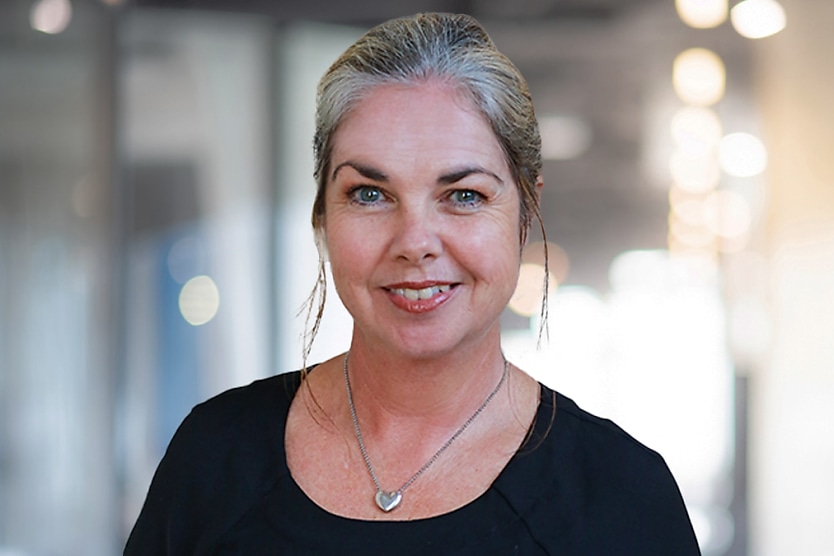Why legislation needs to keep up with a changing workforce
SHARE THIS ARTICLE

The Australian government has been implementing a lot of good change in the workplace, but according to APSCo managing director Lesley Horsburgh, we could be doing more.
“We want to see a greater differentiation between ‘white-collar’ environments and ‘blue-collar’ environments,” explained Ms Horsburgh.
“We are captured by a lot of legislation that looks to protect vulnerable workers, looks to protect the rights of workers, which we absolutely agree with, but it's like comparing apples with oranges.”
“When you're looking at protecting a vulnerable worker who might be working [with] fruit on the agricultural side or in a factory working with machinery, and you're comparing that person to someone that might be sitting in an office working on a desktop, they're very different environments and the legislation broadly buckets everybody into one pile. The world of work looks very different.”
This also rings true for different types of employment.
For instance, a casual worker will have different expectations to a full-time worker. Legislation should be acknowledging these differences by providing tailored protection.
Some states in Australia have made positive steps towards protecting vulnerable employees, such as the labour hire licensing scheme. While only SA, Vic and Qld have implemented this initiative, it’s a great way to protect workers’ rights.
“The labour hire licensing scheme requires anyone that's placing temporary workers to have this licence so that they can prove that they are not exploiting or endangering their contractors or their temporary employees,” said Ms Horsburgh.
“But again, it's a very broad-brush approach, which was set to protect vulnerable workers. I don't deem a surgeon flying into an ED department for two days a vulnerable worker.”
Queensland has striven for progress in employee protection laws. The Qld Government announced they would be reviewing its Work Health and Safety Act. The five-year plan will help to ensure workers receive adequate protection.
Industrial Relations Minister, Grace Grace said: “Every single worker in Queensland has the right to be safe in the workplace, and to return home safe and healthy to their families and loved ones at the end of the day.”
“Five years on, it’s time to ensure Queensland’s laws remain robust, effective, and enforceable.”
This information comes just weeks after the Palaszczuk government announced they would be providing $1 million to ensure vulnerable migrant workers have access to their rights.
“We know that moving to a new country can be daunting, learning a new language and being unfamiliar with workplace laws and regulations can place some people at risk of not fully understanding their workplace rights as an employee,” said the Minister for Multicultural Affairs, Leanne Linard.
“Carve out definitions around what roles they actually identify as vulnerable. That to me is probably the most logical way to separate and apply some very clear thinking around how we differentiate the vulnerable versus the non-vulnerable,” Ms Horsburgh continued.
The transcript of this podcast episode, when quoted above, was slightly edited for publishing purposes. The full conversation with Lesley Horsburgh is below.
Note from the editor: Please note that this article has been prepared for informational purposes only, and is not to be construed as advice.
Jack Campbell
Jack is the editor at HR Leader.

